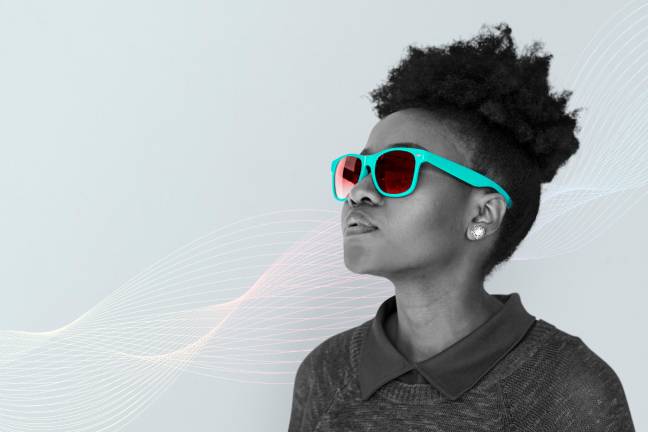How to choose the best sunglasses

Everyone knows sunglasses make it easier to see on a sunny day, whether out on the road or the water. However, wearing the right sunglasses is also the best defense for keeping ultraviolet (UV) rays from causing short- and long-term eye damage, according to the American Academy of Ophthalmology, the world’s largest association of eye physicians and surgeons.
Studies have shown that accumulated ultraviolet exposure from the sun can heighten the risk of cataracts, a leading cause of blindness worldwide, growths such as pterygium and several kinds of eye cancer. Even just a few hours of intense UV exposure can cause temporary blindness known as photokeratitis. While everyone can potentially suffer these conditions, children and people with light-colored eyes should be especially careful since their eyes may be more susceptible to damage from the sun’s rays.
The Academy offers some important information to consider when purchasing sunglasses:
Make it 100 percent. The single most important thing to look for when buying sunglasses to protect your eyes is a sticker or tag indicating that they block 100 percent of UV rays. However, fewer than half of people buying sunglasses bother to check whether the lenses protect the eyes from ultraviolet light, according to the Academy’s 2014 national sun safety survey.2
Bigger is better. The more coverage from sunglasses, the less sun damage inflicted on the eyes. Consider buying oversized glasses or wraparound-style glasses, which help cut down on UV entering the eye from the side.
Darker lenses don’t protect better. While very dark lenses may look cool, they do not necessarily block more UV rays.
Color doesn’t matter. Some sunglasses come with amber, green or grey lenses. They do not block more sun but can increase contrast, which may be useful for athletes who play sports such as baseball or golf.
Polarized lenses cut glare, not UV. Polarization reduces glare coming off reflective surfaces like water or pavement. This does not offer more protection from the sun, but can make activities like driving or being on the water safer or more enjoyable.
Cost shouldn’t be a factor. Sunglasses don’t have to cost a lot of money to work well. Less expensive pairs marked as 100 percent UV-blocking can be just as effective as pricier options.
“When shopping for sunglasses, some people concentrate on appearance rather than sun protection,” said ophthalmologist Brenda Pagán-Durán, M.D., a clinical spokesperson for the American Academy of Ophthalmology based in Westwood, N.J. “That’s why I always recommend they check for a tag or sticker that verifies the lenses block 100 percent UV rays. It’s a small step, but it really can help protect your eyes from risk of serious conditions that can affect your vision and eye health.”
Source: American Academy of Ophthalmology: aao.org